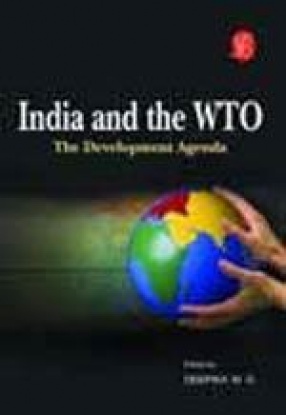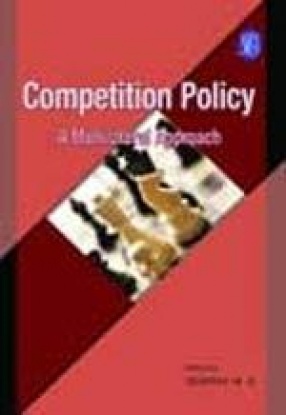
Showing all 3 books

Realizing that the playing field is not level before opening up for competition, the provisions for Special and Differential Treatment to developing countries are inherent in the Uruguay Round (UR) Agreements of the WTO. This book focuses on examining the framework of the legal clauses of the WTO pertaining to the developing economies, with special reference to the Doha Development Agenda and its implication.

Corporate intervention in agriculture through contract farming is seen as an essential link between corporate business and the farmer. The role of the corporate sector has increased considerably in almost all spheres of economic activity, including the agricultural sector. It is often felt that corporate farming has considerable potential in countries where small- scale agriculture continues to be widespread as small scale farmers would better perform with access ...

The objective of competition policy and law is to preserve and promote competition as a means of ensuring efficient allocation of resources in an economy by eliminating restrictive business practices of private enterprises. It is now believed that liberalization and competition lead to efficiency in the allocation of resources and higher growth. However, the markets may not ensure a fair competition, thus leading to monopolies and unfair trade practices. ...
